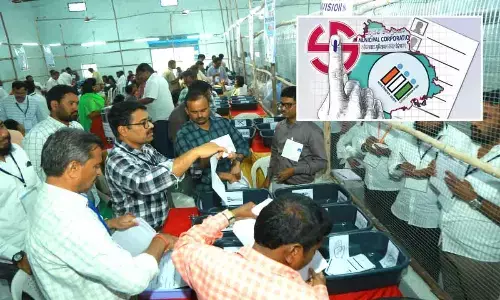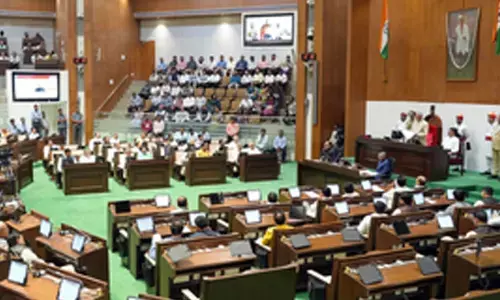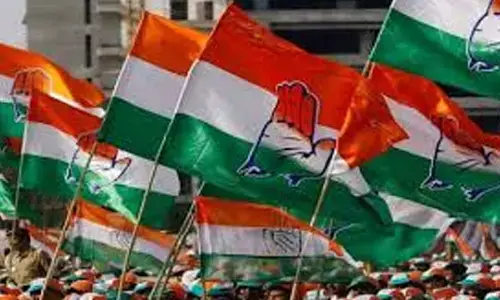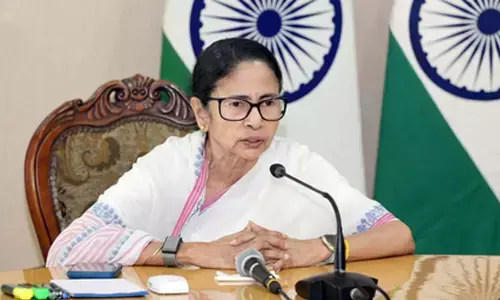Politicians cannot be RTI commissioners
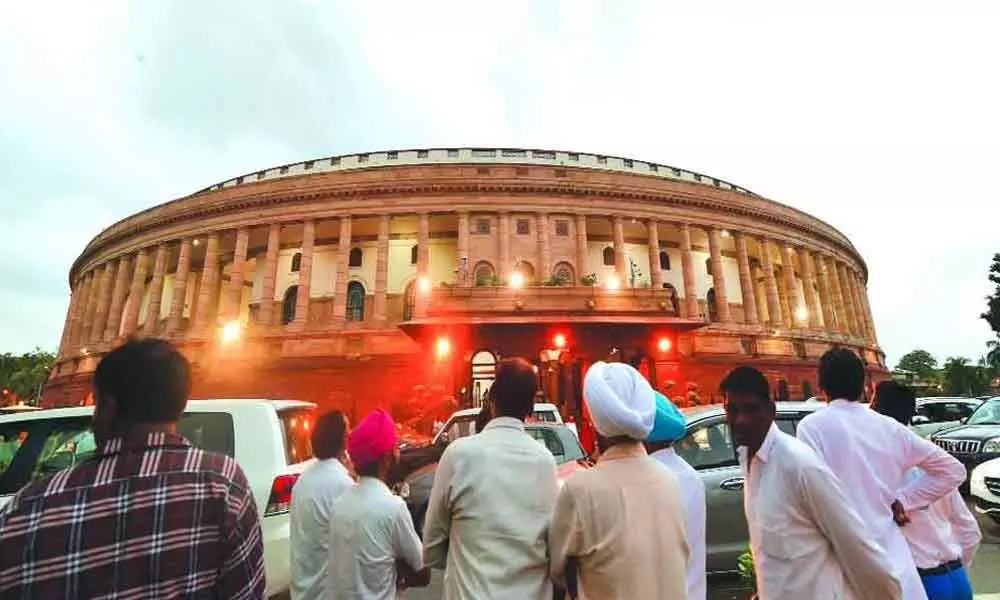
Politicians cannot be RTI commissioners
The Supreme Court in 2013, while reviewing its order on RTI Commissioners in 2012, took a U turn
The Supreme Court in 2013, while reviewing its order on RTI Commissioners in 2012, took a U turn. Earlier the SC said Information Commission was a court. In 2013, it said, "No, IC is not performing judicial function." It further explained: The functions of the ICs are limited to ensuring that information seeker is not denied such information except in accordance with the provisions of the Act.
While deciding this, the IC does not decide a dispute between two or more parties concerning their legal rights other than their right to get information in possession of a public authority.
This function obviously is not a judicial function, but an administrative function conferred by the Act on the Information Commissions. Even the function of ICs in deciding whether or not the information sought belonged to third party and to be furnished or not also is not judicial function. Hence, the Information Commission discharges administrative functions, not judicial functions.
Sections 12(5) and 15(5) of the Act provided that Chief and ICs shall be persons with eminence in public life with wide knowledge and experience in law, science and technology, social service, management, journalism, mass media or administration and governance, also does not prescribe any basic qualification for them which such persons must have in the respective fields in which they work.
To ensure that the equality clause in Article 14 is not offended, the persons to be considered for appointment as Chief Information Commissioner or Information Commissioner should be from different fields, namely, law, science and technology, social service, management, journalism, mass media or administration and governance and not just from one field.
Sections 12(6) and 15(6) of the Act, provided that the Chief or IC shall not be a MP or MLA or hold any other office of profit or connected with any political party or carry on any business or pursue any profession.
The use of word "may" in Sections 27 and 28 of the Act make it clear that Parliament has left it to the discretion of the rule making authority to make rules to carry out the provisions of the Act. Hence, no mandamus can be issued to the rule making authority to make the rules.
The Supreme Court earlier made a patent error in directing the rule making authority to make rules within a period of six months.
The selection and appointment of Chief and ICs has not been left entirely to the discretion of the Central government and the State government under Sections 12 and 15 of the Act. They have to be persons of eminence in public life with wide knowledge and experience in the different fields mentioned therein.
Experience over the years has shown that the orders passed by Information Commissions have at times gone beyond the provisions of the Act and that Information Commissions have not been able to harmonise the conflicting interests indicated in the preamble and other provisions of the Act.
It is for Parliament to consider whether appointment of judicial members in the Information Commissions will improve the functioning of the Information Commissions and as Sections 12(5) and 15(5) of the Act do not provide for appointment of judicial members in the Information Commissions, this direction was an apparent error.
SC hoped that persons with wide knowledge and experience in law will be appointed in the Information Commissions at the Centre and the States. The SC advised accordingly, wherever Chief Information Commissioner is of the opinion that intricate questions of law will have to be decided in a matter coming before the Information Commissions, he will ensure that the matter is heard by an Information Commissioner who has such knowledge and experience in law.
Finally, SC declared that Sections 12(5) and 15(5) of the Act are not ultra vires the Constitution, that Sections 12(6) and 15(6) of the Act do not debar a MP or MLA, or a person holding any other office of profit or connected with any political party or carrying on any business or pursuing any profession from being considered for appointment as Chief & ICs, but after such person is appointed as Chief or IC, he has to discontinue in such offices.
There is a clear direction that only persons of eminence in public life with wide knowledge and experience in the fields mentioned in Sections 12(5) and 15(5) of the Act be considered for appointment as Chief and ICs.
It specified that persons of eminence in public life with wide knowledge and experience in all the fields mentioned in Sections 12(5) and 15(5) of the Act, namely, law, science and technology, social service, management, journalism, mass media or administration and governance, be considered by the Committees under Sections 12(3) and 15(3) of the Act for appointment as Chief & ICs.
The SC directed transparency in appointment of Chief and ICs saying that the Committees under Sections 12(3) and 15(3) of the Act while making recommendations to the President or to the Governor, as the case may be, for appointment of Chief & must mention against the name of each candidate recommended, the facts to indicate his eminence in public life, his knowledge in the particular field and his experience in the particular field and these facts must be accessible to the citizens as part of their right to information under the Act after the appointment is made.
There is a specific direction to Chief ICs. The SC directed that wherever Chief Information Commissioner is of the opinion that intricate questions of law will have to be decided in a matter coming up before the Information Commission, he will ensure that the matter is heard by an Information Commissioner who has wide knowledge and experience in the field of law.
Either Centre or States are preferring only loyal former civil servants for the appointments in positions of Information Commissioners. The State governments are slightly better as they have selected from journalism, teachers, lawyers and former district judges. Some States appointed political followers also as Commissioners.
The RTI Act has provided specific fields from which the eminent persons could be selected as ICs. Section 15 (5) of the RTI Act states that the Chief Information Commissioner and the State Information Commissioners must be "persons of eminence in public life with wide knowledge and experience in law, science and technology, social service, management, journalism, mass media or administration and governance".
Act also specifies that none of the Commissioners can be "a Member of Parliament or Member of the Legislature of any state or Union territory or hold any other office of profit or be connected with any political party or carry on any business or pursue any profession".
When Shailesh Gandhi was appointed as Information Commissioner at Centre, he came out of the business he was running and joined the Commission as a free person without any connection. When I was appointed as Central Information Commissioner, I was holding post of Professor of NALSAR University, which I had to resign before joining the Commission.
In fact, the office of professor at a university is not office of profit under the government, because the university is not a government department, it is an independent educational institution, though the government has recognised it and funding it.
But the RTI Act specifically says that the IC should not have any business or pursue any profession. He should be completely severed with any other activity to function as the IC.
(The writer is former Central Information Commissioner and Professor at Bennett University)


